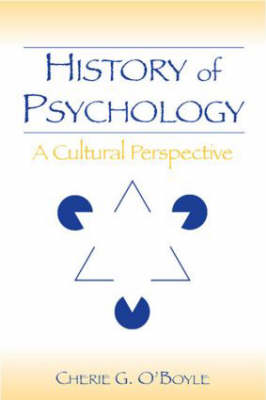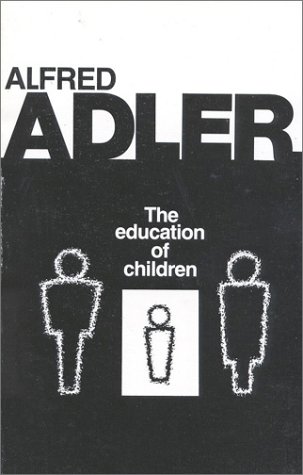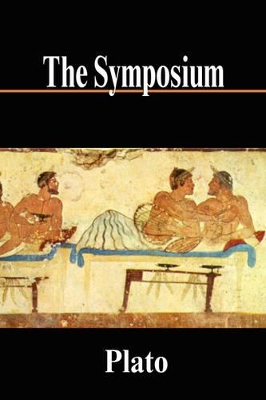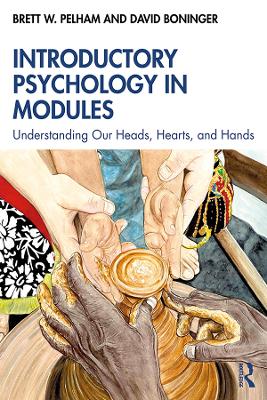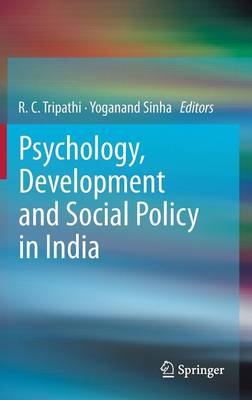Telepathy, thought transference, unconscious communication. While some important early psychological theorists such as William James, Frederic W. H. Myers and Sigmund Freud all agreed that the phenomenon exists, their theoretical approaches to it were very different. James's and Myers's interpretations of and experimental investigations into telepathy or thought transference were an inextricable part of their psychical researches. Freud's insistence on the reality of thought transference had not...
Maggie, a Girl of the Streets: Webster's Estonian Thesaurus Edition
by Stephen Crane
Level of Aspiration and Some Criteria of Adjustment in an Aged Population ...
by Edward Leonard 1924- Friedman
Karl Popper has been hailed as the greatest philosopher of all time and as a thinker whose influence is ackowledged by a variety of scholars. This work demonstrates Popper's importance across the whole range of philosophy and provides an introduction to the main themes of philosophy itself.
Psychology of Misconduct, Vice, and Crime (Psychology Revivals) (Psychology Revivals)
by Bernard Hollander
Born in Vienna in 1864, Bernard Hollander was a London-based psychiatrist. He is best known for being one of the main proponents of phrenology. This title, originally published in 1922 contains the reflections of the author on his experience as a physician specialising in nervous and mental disorders. He looks at a range of patients "suffering from character defects leading to moral failings..." finding that these cases of "moral derangement" come in all kinds. Very much of its time, he suggests...
Battlefield Emotions 1500-1800 (Palgrave Studies in the History of Emotions)
This book explores changes in emotional cultures of the early modern battlefield. Military action involves extraordinary modes of emotional experience and affective control of the soldier, and it evokes strong emotional reactions in society at large. While emotional experiences of actors and observers may differ radically, they can also be tightly connected through social interaction, cultural representations and mediatisation. The book integrates psychological, social and cultural perspectives...
History of Psychology: A Cultural Perspective easily distinguishes itself from other texts in a number of ways. First, it examines the field within the rich intellectual and cultural context of everyday life, cross-cultural influences, and contributions from literature, art, and other disciplines. Second, it is a history of ideas, concepts, and questions, instead of dates, events, or great minds. Third, the book explores the history of applied, developmental, clinical, and cognitive psychology a...
Originally published in 1930, this title looks at the education of children. Adler believes the problems from a psychological point of view are the same as for adults, that of self-knowledge and rational self-direction. However, the difference being that due to the `immaturity of children, the question of guidance - never wholly absent in the case of adults - takes on supreme importance.' The title starts by presenting the Individual Psychology viewpoint as a whole, with the later chapters under...
The Experimental Psychology of Beauty (Collected Works of C.W. Valentine)
by C.W. Valentine
Originally published in 1962, the experimental study of aesthetics was a field particularly associated with the name of C.W. Valentine, who in this book provided a critical review of research carried out since the end of the nineteenth century principally by British and American psychologists. The investigations described, many of them conducted by the author, are concerned with individual responses to what is commonly regarded as beautiful in painting, music, and poetry, an important distinctio...
Introductory Psychology in Modules: Understanding Our Heads, Hearts, and Hands is a unique and comprehensive introduction to psychology. It consists of 36 short modules that keep students engaged with humor, a narrative style, and hands-on activities that facilitate interactive learning and critical thinking. Each stand-alone module focuses on a major topic in psychology, from the brain, sensation, memory, and cognition to human development, personality, social psychology, and clinical psychol...
The diagnosis of 'Dyslexia' and the medical problematisation of reading difficulties were almost unknown one hundred years ago, yet today the British Dyslexia Association estimates that up to ten per cent of the UK population may have some form of dyslexia, with numbers in the United States estimated to be as high as twenty per cent. The Government of Reading investigates how this problematisation developed and how a diagnostic category was shaped in response to this.
Maggie, a Girl of the Streets: Webster's Croatian Thesaurus Edition
by Stephen Crane
Key Thinkers in Neuroscience (Key Thinkers in Psychology and Neuroscience)
by Andy Wickens
Key Thinkers in Neuroscience provides insight into the life and work of some of the most significant minds that have shaped the field. Studies of the human brain have been varied and complex, and there have been many pioneers who have broken new ground in neuroscience research. Adopting a chronological and multi-disciplinary approach to each Key Thinker, the book highlights their extraordinary contributions to neuroscience. Beginning with Santiago Ramón y Cajal and finishing with Patricia Churc...
Picture your twenty-first birthday. Did you have a party? If so, do you remember who was there? Now step back: how clear are those memories? Should we trust them to be accurate, or is there a chance that you're remembering incorrectly? And where have the many details you can no longer recall gone? Are they hidden somewhere in your brain, or are they lost forever? Such questions have fascinated scientists for hundreds of years, and, as Alison Winter shows in "Memory: Fragments of a Modern History...
Mind Fixers: Psychiatry's Troubled Search for the Biology of Mental Illness
by Anne Harrington
Psychology, Development and Social Policy in India
This book examines how and where psychology can engage itself in the framing of social policies for national as well as human development in India. Although the role that psychological knowledge can play in informing social policy decisions has been discussed for a long time, psychologists by and large have had little role in framing policy decisions related to such important domains as education, health, social justice and social inclusion. Policy makers, not only in India, but more or less eve...







